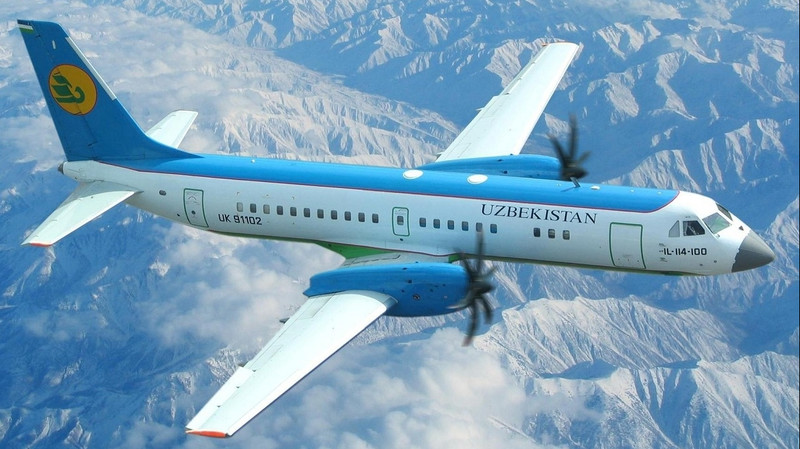Airline “Yakutia” proposes to buy six IL-114-100 aircraft from Uzbekistan

Photo: ruslet.webnode.cz
The head of the airline “Yakutia” Vladimir Gorbunov has offered officials and senators to support the purchase of six IL-114-100 aircraft with Canadian engines from Uzbekistan, TASS reports.
As Gorbunov noted at a meeting in the Federation Council of Russia on modernization of the aircraft fleet, this will help prevent the disruption of supply of the Arctic regions until the “appearance” of IL-114 aircraft with Russian engine in 2023.
“In Uzbekistan, there are six IL-114-100 aircraft with high-efficiency PW-127Нengines by Pratt & Whitney,” Gorbunov said. “With Krasnoyarsk airline KrasAvia, we could buy three planes each and use them efficiently”. He explained that it could be a state-subsidized purchase of a leasing company with the subsequent transfer of the aircraft into service. The cost of such a purchase, according to Gorbunov, will be about $50 million, which includes simulators, additional equipment and spare parts.
As the head of the airline explained, now the airlines use mainly An-24, which is already “50 years old”. The IL-114-300 with the Russian TV7-117CT-01 engine, the production of which is planned to start in 2023, is being developed to replace it.
“We understand that not all An-24s will “live” this long,” Gorbunov said. “Are we going to stop the supply of the Arctic regions? This cannot be allowed”.
The Uzbek IL-114-100, as Gorbunov noted, was produced between 2006 and 2013 and is not in use since last year, because of the increased passenger traffic, they were replaced with A320.
Production of the Il-114 was temporarily suspended in July 2012, with the sixth and last aircraft delivered to Uzbekistan Airlines on 24 May 2013. In 2016, the company stated that production would be restarted with all-Russian parts, with a new first flight in 2019 and the first aircraft in commercial service in 2021. The decision to end production adheres to the Uzbek government’s decision to convert the Tashkent factory to other production lines (namely structural units, household purpose products, spare parts for cars and agricultural equipment), despite Russian interest in keeping the production line and a reportedly high demand prospect for the aircraft.




